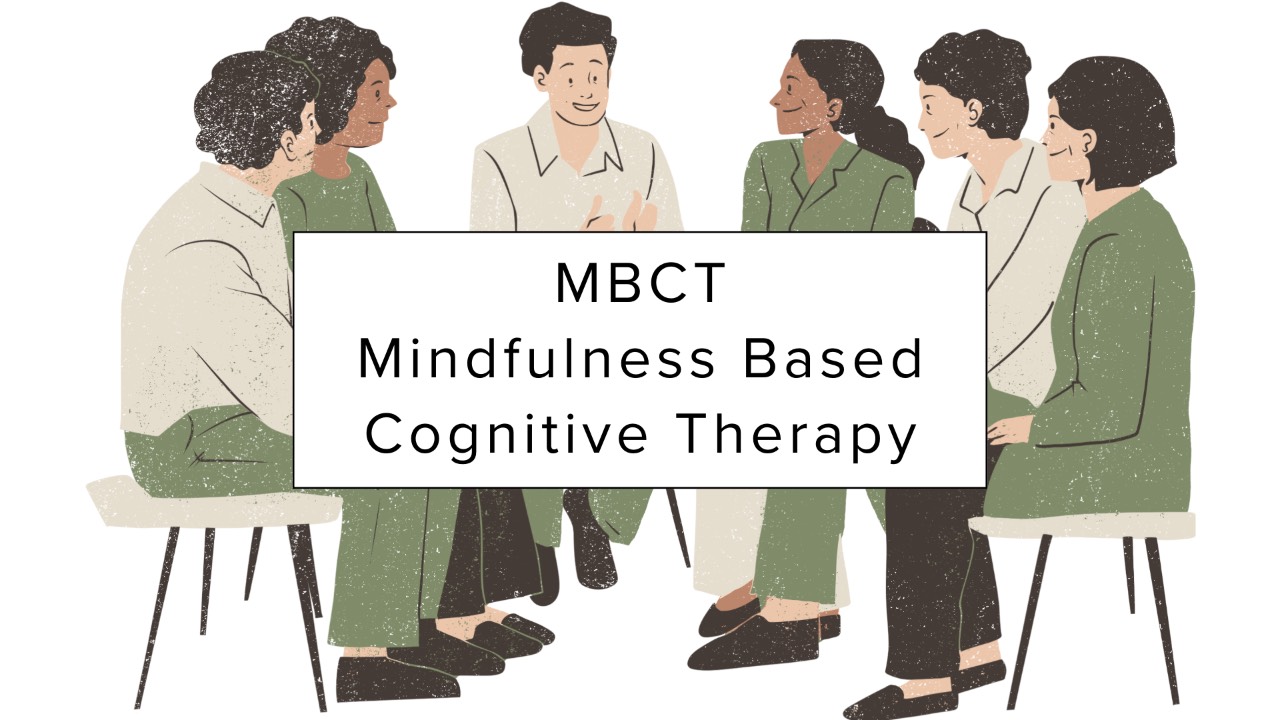MBCT stands for Mindfulness-Based Cognitive Therapy. It is an approach that combines cognitive therapy techniques with mindfulness strategies. MBCT was developed to help people who suffer from recurrent episodes of depression. It integrates elements of cognitive therapy, which focuses on changing negative thought patterns, with mindfulness techniques, which involve paying attention to the present moment without judgment.
MBCT aims to teach individuals skills to become more aware of their thoughts and feelings, recognize early signs of depression relapse, and develop more adaptive ways of responding to them. The practice of mindfulness in MBCT involves techniques such as meditation, body scans, and mindful movement.
Research has shown that MBCT can be effective in preventing the recurrence of depression in individuals who have experienced multiple episodes of depression in the past. It is often delivered in a group format over eight weekly sessions, with participants encouraged to continue practicing mindfulness techniques on their own after the program ends.
There is a growing body of research that supports the efficacy of Mindfulness-Based Cognitive Therapy (MBCT) for various mental health conditions, particularly in preventing the recurrence of depression. Here are some key findings from research studies:
-
Preventing Depression Relapse: One of the most well-established applications of MBCT is in preventing the recurrence of depression in individuals who have experienced multiple episodes. Several randomized controlled trials (RCTs) have shown that MBCT is as effective as maintenance antidepressant medication in preventing relapse of depression, and in some cases, it may be even more effective in preventing relapse in the long term.
-
Reduction in Symptoms: Studies have demonstrated that MBCT can lead to significant reductions in depressive symptoms and improvements in overall mood and well-being. These effects have been observed not only in individuals with a history of depression but also in those with other mental health conditions such as anxiety disorders.
-
Effectiveness Across Populations: Research has shown that MBCT is effective across different populations, including adults of various ages, genders, and cultural backgrounds. It has also been adapted for specific populations such as adolescents, older adults, and individuals with chronic medical conditions.
-
Mechanisms of Change: Studies have investigated the mechanisms through which MBCT exerts its therapeutic effects. It is suggested that MBCT helps individuals develop greater awareness of their thoughts and emotions, cultivate acceptance and self-compassion, and develop more adaptive ways of responding to stress and negative experiences.
-
Neurobiological Changes: Neuroimaging studies have found that MBCT is associated with changes in brain regions involved in emotion regulation, attention, and self-awareness. These changes may underlie the improvements in mood and cognitive functioning observed with MBCT.
Overall, while more research is needed to further understand the mechanisms and optimal conditions for delivering MBCT, the existing evidence suggests that it is a valuable intervention for promoting mental health and well-being, particularly in the prevention of depression relapse.


